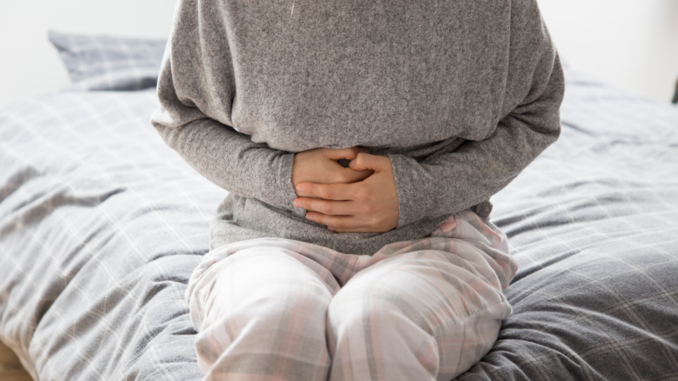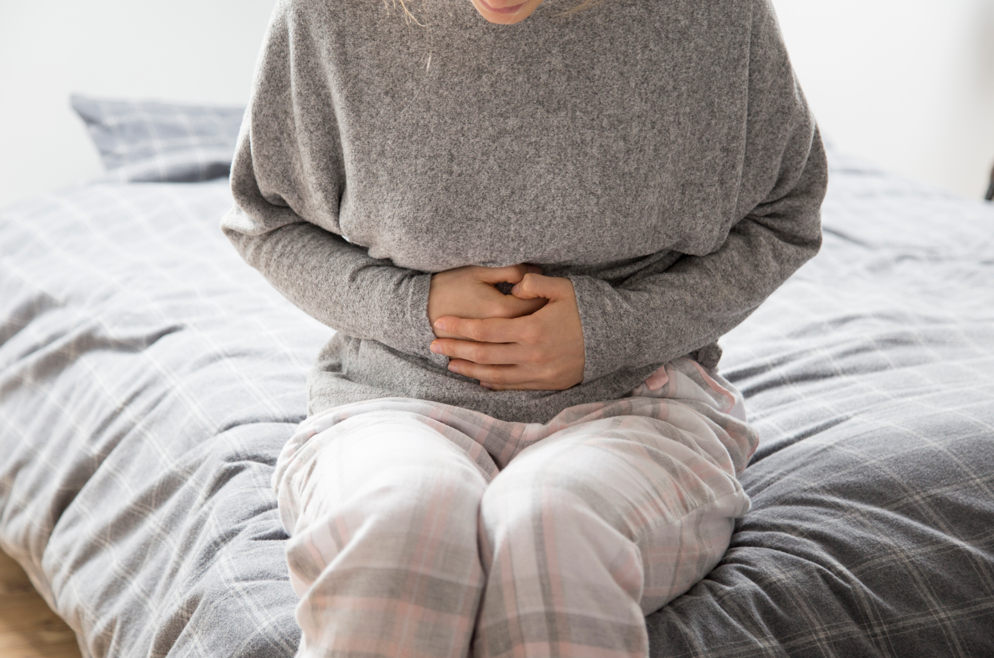
Obstipation is an abnormal condition that is characterized by a loss of ability to pass gas or stool. This inability to pass gas or stool is caused by an obstruction or blockage in the intestines, which in turn leads to the development of the condition.
It is essentially a form of chronic constipation or prolonged constipation that has developed into a disorder that is persistent and difficult to manage.The condition known as obstipation is also known as obstructive constipation.
Obstruction of the colon, when left untreated, can result in a number of potentially fatal health issues, including tachycardia, strangulated bowel, peritonitis, body malaise, and others.
Table of Contents
Comparison of Obstruction to Constipation
The length of time that feces is held and the severity of the reduction in bowel movements are the primary factors that differentiate constipation from obstipation.
Obstipation, also known as chronic constipation, is a form of persistent constipation that can worsen or develop over the course of a year or longer.
People who suffer from constipation sometimes have trouble passing stools, to the point that they may only have bowel motions three or less times each week.
Patients who suffer from constipation, on the other hand, do not have any bowel motions whatsoever, which results in a loss of the ability to defecate.
Constipation is a common condition that can be easily managed and treated in virtually all situations.
The treatment of obstipation, on the other hand, is more difficult because the condition can be brought on by a wide variety of factors and/or is connected with other conditions.
Obstipation – Symptoms and Signs to Note
The following is a list of some of the signs and symptoms that are associated with constipation:
The following are examples of abnormal abdominal symptoms:
- A sense of fullness, bloating and constipation
- Abdominal distention
- An increase in the amount of noise coming from the intestine, which is known as borborygmi in the medical parlance.
- Pain or cramping that persists over time
- Abdominal tenderness
- Anorexia
- Abdominal discomfort
The following are some of the physical symptoms associated with obstipation-
- Some of the physical symptoms include:
- Tachycardia, often known as a rapid heartbeat
- Dehydration
- Fever
- A putrid odor on the breath and tongue
- Vomiting or nausea
The symptoms of constipation that have been stated above might increase the likelihood of other health concerns, such as a strangulated colon, which can lead to bowel dysfunction, low blood pressure, dehydration, ,nausea, vomiting, and a quick pulse.
Patients are also at a high risk of getting peritonitis, an infection that affects the lining of the abdominal cavity that can spread to the intestines.
Obstipation Causes

• The intestines make up the majority of the digestive system and account for the highest percentage of the organ.
As a result, constipation is almost always brought on by some kind of blockage in the intestines.
It may be caused by a blockage in either the large intestine (also known as the colon) or the small intestine (also known as the bowel).
• Cases of persistent constipation or constipation that are not addressed might potentially lead to obstipation.
The ingestion of an inadequate amount of water, a reduction in the amount of fiber present in the diet, and a lack of physical activity can all lead to constipation.
• Obstipation can also be caused by structural flaws, such as improper growth of the rectal wall. This is another potential cause of the condition. Colon obstruction can develop for a number of reasons, including but not limited to tumours, hernias, structural abnormalities, and inflammation of the intestines, all of which can eventually result in constipation.
• Other conditions that can lead to constipation include Hirschsprung’s disease, which is a neurological condition; anal fissure; colorectal cancer; faecal impaction; proctitis; hypothyroidism; the presence of foreign matter; twisted bowels; also known as volvulus; intestinal atresia; and dysfunction of the pelvic bone.
Obstipation in Children
Children may experience discomfort in certain instances due to their bowel motions.
These children frequently experience constipation because, in an effort to minimize the accompanying pain, they try to prevent themselves from defecating.
Because of this, the body is forced to adjust to the increased abdominal pressure, which then makes it possible to hold one’s bowel movements for extended periods of time.
Constipation that lasts for a long time and is chronic might lead to another condition called obstipation. Children may also have constipation as a result of drinking less water and eating foods with a lower fiber content.
Obstipation in children may also be caused by congenital disorders or neurological conditions, such as Hirschsprung’s disease. It is a condition that occurs when certain nerve bodies do not make it to the colon during the development of the baby, which results in a lack of regulation of the activity of the colon and can lead to the disorder.
Because a portion of the colon does not shrink, this might lead to the formation of an obstruction that makes it difficult to defecate.
Obstipation Treatment
The root of the problem must be identified before treating constipation. However, dietary adjustments are necessary for the treatment of all cases of constipation. Patients are required to drastically increase their consumption of foods high in fiber as well as the amount of water they drink daily.
An enema is a procedure in which liquids are introduced into the patient’s colon and rectum through the anus. Patients may be requested to submit to this procedure.
This leads to the lower intestines expanding, which increases the amount of space that is available there. This, in turn, improves peristalsis and cramping, which ultimately makes it easier to pass stool.
Patients should abstain from drinking milk, coffee, fruit juices, and alcohol during their treatment.
Regular exercise is recommended by medical professionals for enhancing the circulation of oxygen to the intestines as well as peristalsis.
Patients could also need to undergo a procedure called fecal impaction, which involves manually removing the excrement.
Authoritative Clinical References
Obstipation → https://www.ncbi.nlm.nih.gov/pmc/articles/PMC5976340/


Be the first to comment